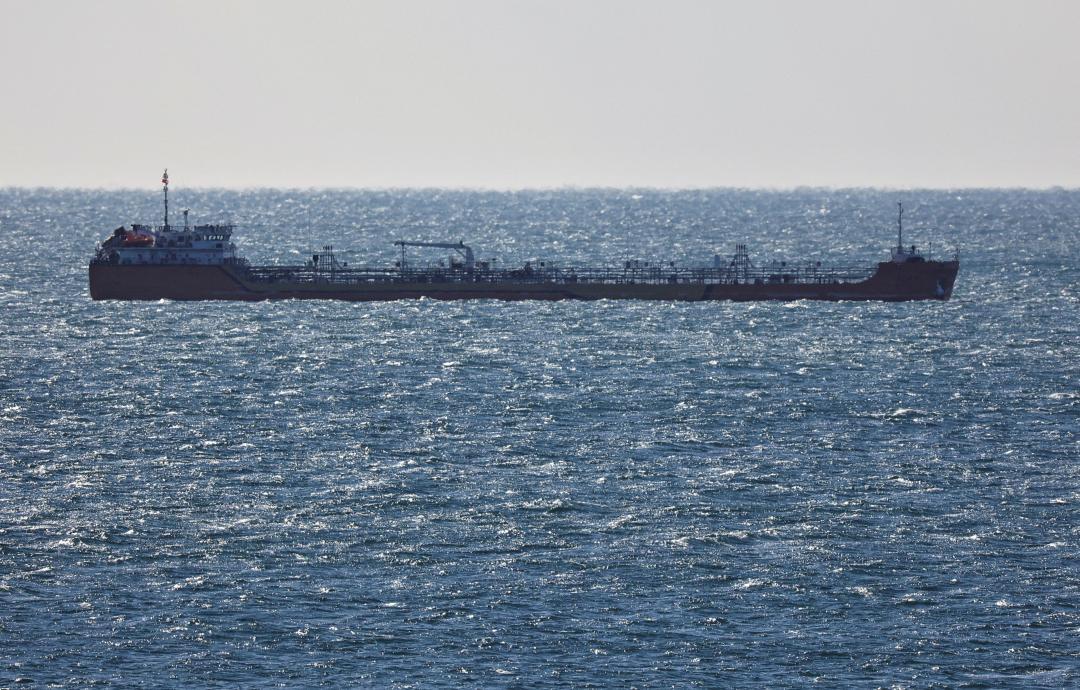
UK Sanctions 135 Russian ‘Shadow Fleet’ Tankers
In a significant move to tighten the screws on Russia’s oil industry, the UK government has imposed new sanctions on 135 Russian oil tankers, which have been dubbed the country’s “shadow fleet”. Alongside the sanctions on the tankers, the UK has also targeted two Russian firms, Intershipping Services LLC and oil trader Litasco Middle East DMCC.
The sanctions, announced on July 21, 2025, are aimed at disrupting the flow of oil money into Vladimir Putin’s war chest and leaving more of Russia’s beleaguered “shadow fleet” stranded. The move is seen as a major blow to Russia’s ability to maintain its oil exports, which have been a significant source of revenue for the country since the invasion of Ukraine.
So, what is the “shadow fleet”? The term refers to a network of oil tankers that are owned or operated by Russian companies but are registered in other countries. This practice, known as “flagging and masking”, allows Russia to circumvent international sanctions and continue to export oil without being detected.
The UK has long been a vocal critic of Russia’s use of this practice, and has previously targeted several Russian tankers with sanctions. However, the latest round of sanctions is the most significant to date, targeting a total of 135 tankers that are believed to be owned or operated by Russian companies.
The sanctions are designed to prevent the tankers from accessing UK ports, and also prohibit UK-based companies from providing services to the tankers. This is likely to have a significant impact on Russia’s ability to export oil, as many of the tankers targeted by the sanctions are likely to be unable to find alternative ports or services.
The UK government has also sanctioned two Russian companies, Intershipping Services LLC and Litasco Middle East DMCC. Intershipping Services is a shipping company that is believed to be owned by Russian billionaire Andrey Melnichenko, who has close ties to the Russian government. Litasco Middle East DMCC is an oil trading company that is believed to be involved in the export of Russian oil.
The sanctions are the latest in a long line of measures taken by the UK and other Western countries to punish Russia for its actions in Ukraine. Since the invasion, the UK has imposed a range of sanctions on Russian individuals and companies, including oligarchs, government officials, and major corporations.
The sanctions have had a significant impact on Russia’s economy, causing inflation to soar and the ruble to plummet. The country has also faced a major decline in foreign investment, as companies and investors become increasingly wary of doing business with Russia.
However, despite the sanctions, Russia has continued to find ways to export oil, often using complex financial transactions and shell companies to disguise the origin of the oil. The UK’s latest round of sanctions is aimed at closing this loophole and preventing Russia from using its “shadow fleet” to evade sanctions.
The sanctions have also been welcomed by Ukraine, which has been a major victim of Russia’s aggression. Ukrainian President Volodymyr Zelenskyy tweeted that the sanctions were “a significant step forward in the fight against Russian aggression” and called on other countries to follow the UK’s lead.
The sanctions are likely to have significant implications for the global oil market, as Russia is one of the world’s largest oil producers. The move is likely to increase uncertainty in the market and drive up prices, particularly if other countries follow the UK’s lead and impose their own sanctions on Russian oil.
In conclusion, the UK’s decision to sanction 135 Russian oil tankers and two Russian companies is a significant move that is likely to have a major impact on Russia’s ability to export oil. The sanctions are aimed at disrupting the flow of oil money into Putin’s war chest and leaving more of Russia’s beleaguered “shadow fleet” stranded. The move is likely to have significant implications for the global oil market and is a major blow to Russia’s ability to maintain its oil exports.






